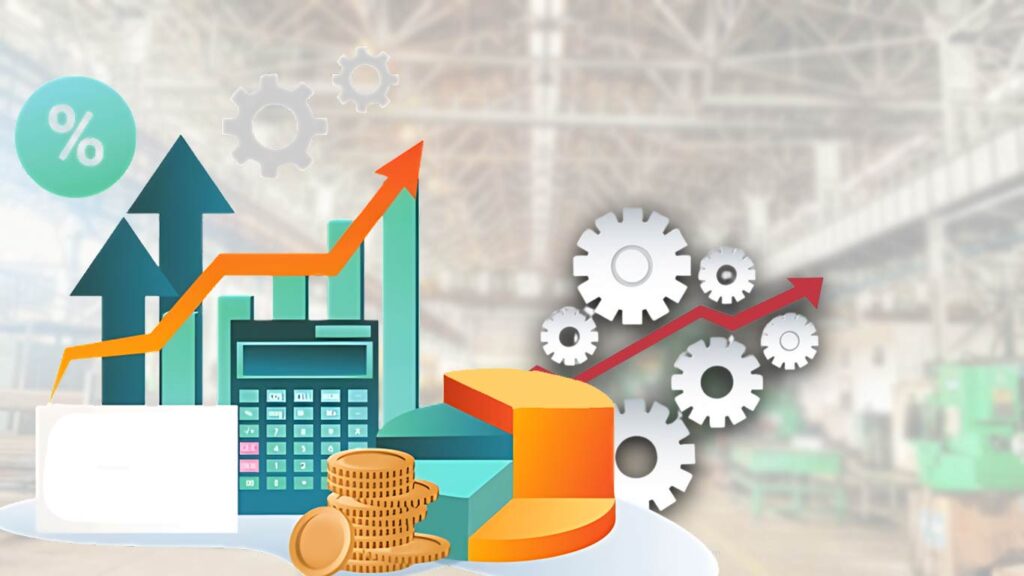New Delhi, May 1 (KNN) According to a Deloitte report, India’s economic trajectory faces two counterbalancing forces that will shape growth outcomes.
The tax incentives introduced in the Union Budget 2025, designed to stimulate consumer spending, serve as a significant positive catalyst.
These incentives, amounting to approximately Rs 1 lakh crore, primarily benefit the middle class and are expected to boost domestic demand.
Deloitte India Economist Rumki Majumdar emphasised that “the tax exemptions announced during the budget will increase disposable income in the hands of the young population with higher income elasticity.”
Despite these tax concessions, the report suggests that heightened economic activity should help offset revenue declines, allowing the government to maintain its fiscal deficit targets.
Counterbalancing these positive domestic developments are uncertainties in the global trade environment.
The report indicates that reciprocal tariffs could range from a moderate 10 percent to a substantial 26 percent, depending on how effectively India navigates upcoming bilateral agreements.
Majumdar noted that trade tariffs might potentially reduce India’s growth by 0.1-0.3 percent, contingent on the country’s negotiation capabilities.
The outlook specifically highlights the importance of establishing a bilateral trade agreement with the United States by autumn.
Such an agreement would enable India to identify new opportunities and gain access to the American market amid global trade uncertainties.
Deloitte’s analysis suggests that the interplay between domestic tax stimulus measures and international trade challenges will ultimately keep growth within the projected 6.5-6.7 percent range for the current fiscal year.
(KNN Bureau)















